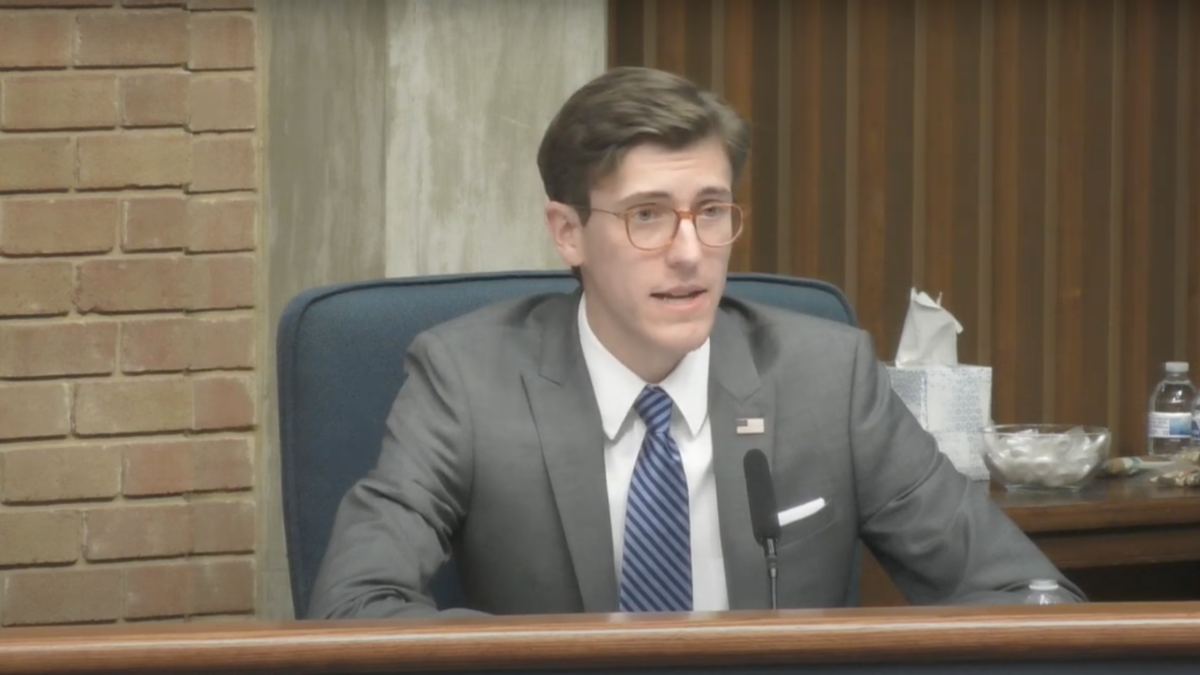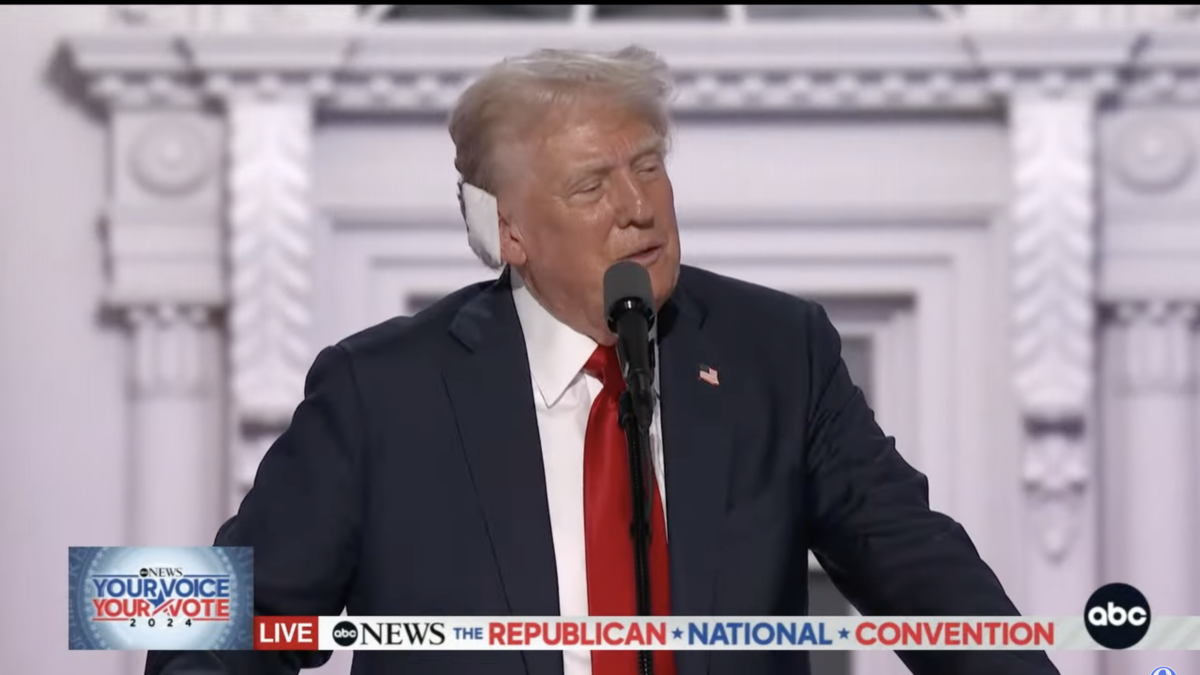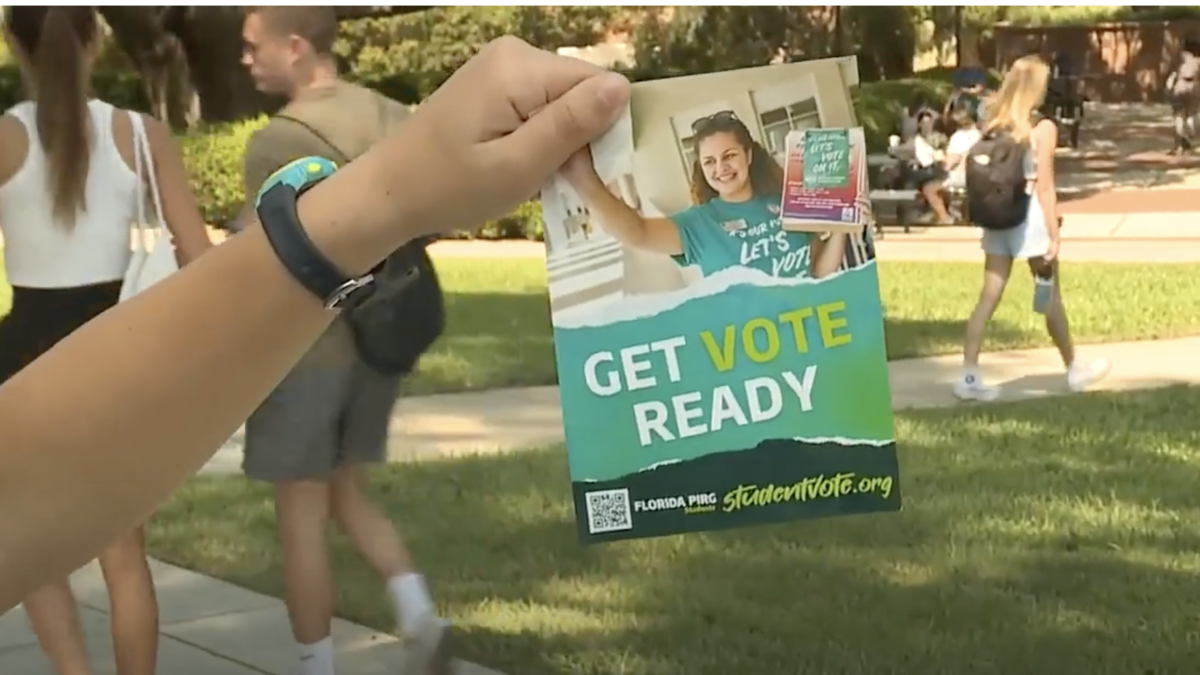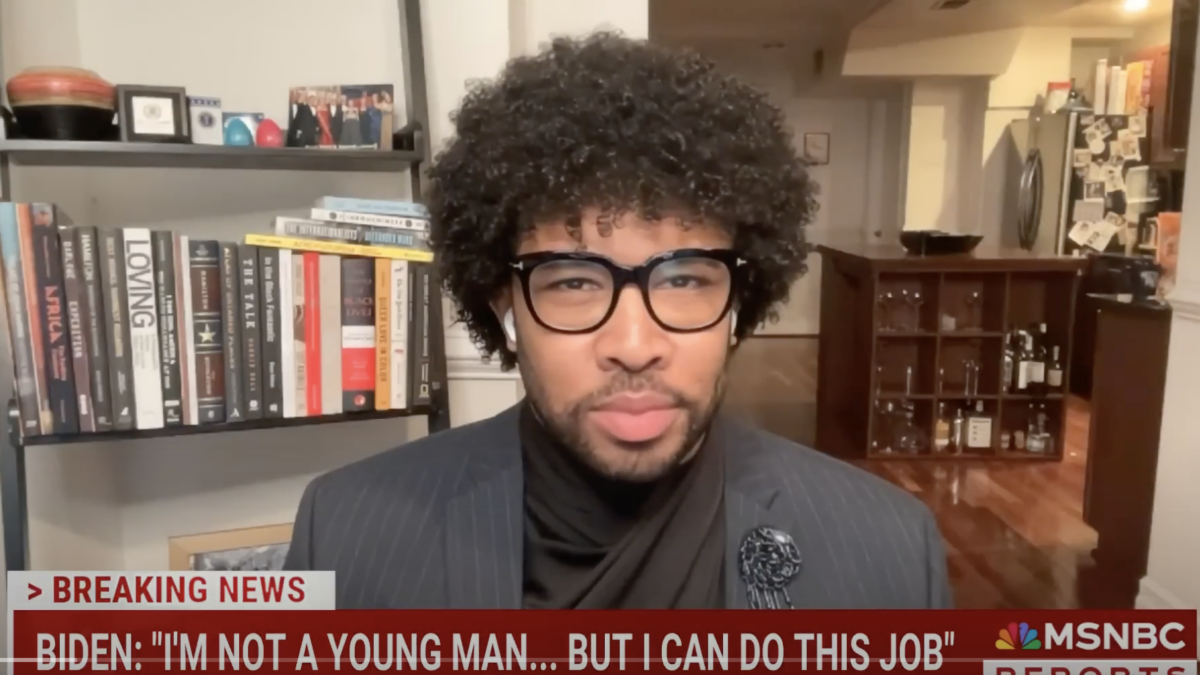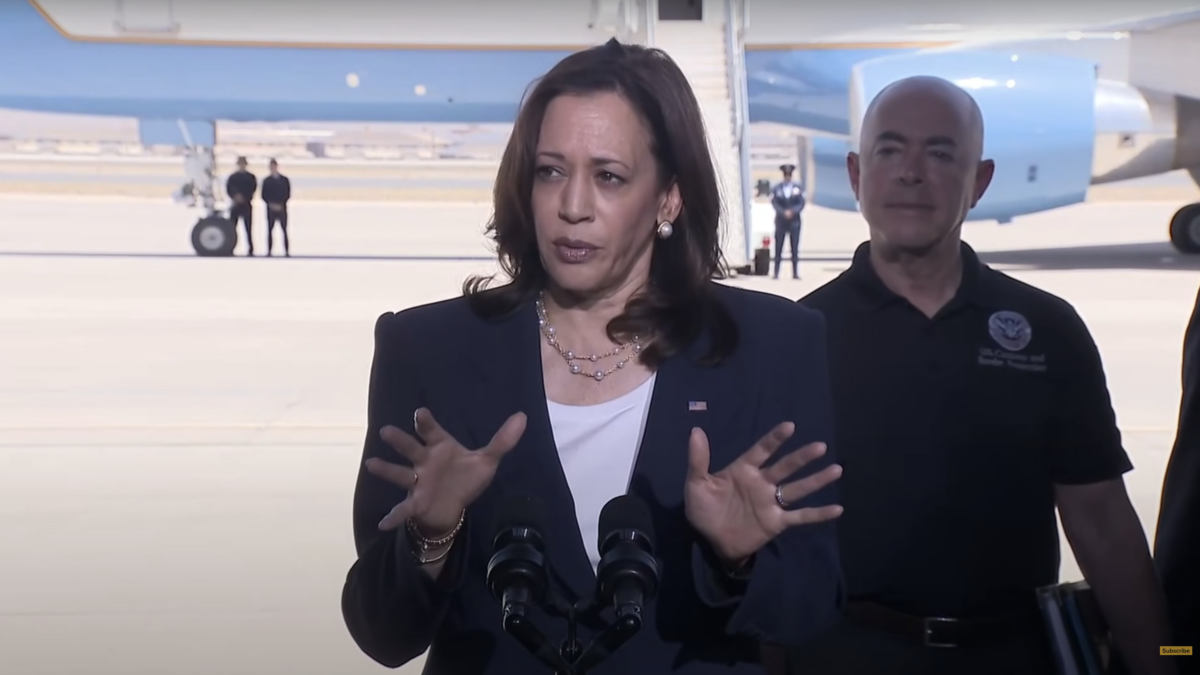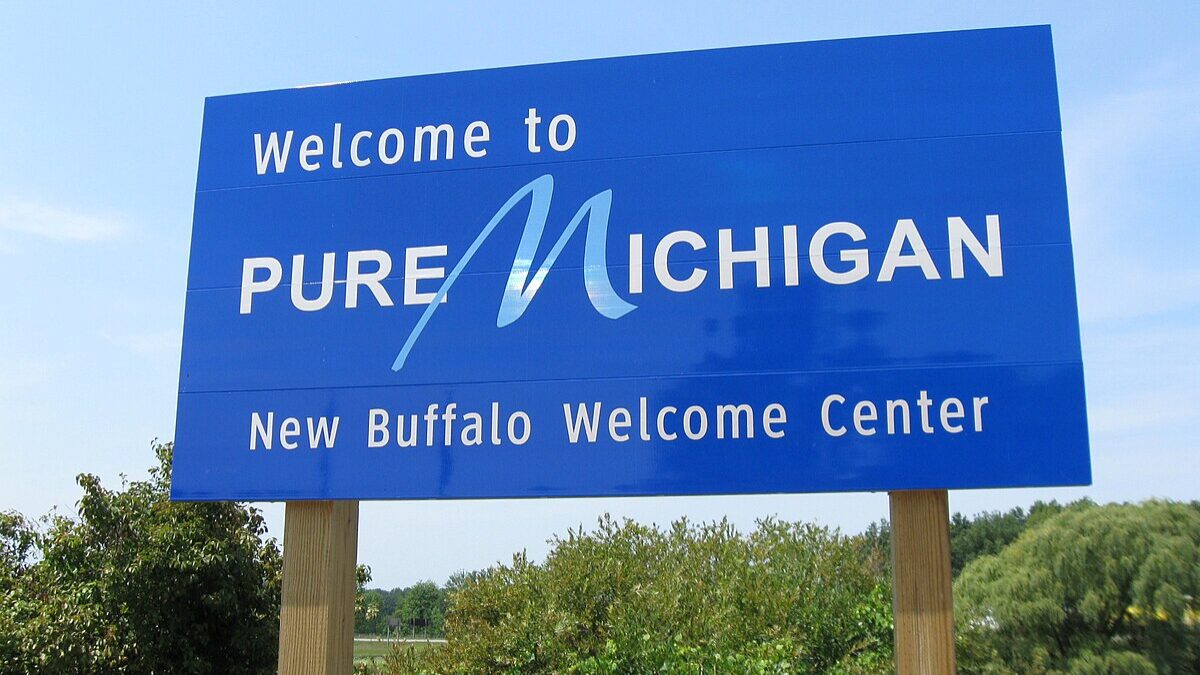
Michigan lawmakers filed a legal brief on Monday requesting a federal appeals court consider their lawsuit against two Democrat-backed constitutional amendments they claim violate the Michigan and U.S. Constitutions.
“It is extremely important to have these constitutional questions adjudicated as rapidly as possible,” plaintiff and Republican Sen. Jim Runestad said in a Tuesday release from Michigan Fair Elections. “I am a firm believer in the Constitution. The people have a right to have this issue decided in a court of law, so everyone can have confidence that we are preserving civil rights and obeying the Constitution.”
Filed in September by 11 state GOP legislators against Gov. Gretchen Whitmer, Secretary of State Jocelyn Benson, and the director of Michigan’s Bureau of Elections, the lawsuit in question contended that two, constitutional ballot amendments — one approved by voters in 2018 and the other in 2022 — violate the elections clause of the U.S. Constitution, which stipulates that the “Times, Places and Manner of holding Elections for Senators and Representatives, shall be prescribed in each State by the Legislature thereof.”
In their original lawsuit, plaintiffs argued that the amendments to the Michigan electoral system are invalid because the U.S. Constitution says the power to implement such changes to state election laws lies with the state legislature. The legislators further claimed the Michigan Constitution provides state legislators similar powers.
Among the leftist-backed election practices added to the Michigan Constitution under the 2018 and 2022 initiatives are automatic and same-day voter registration, no-excuse absentee voting “during the 40 days before an election,” ballot drop boxes, and the allowance of “Zuckbucks”-style election funding.
U.S. District Court Judge Jane Beckering, a Biden appointee, dismissed the lawsuit in April, arguing plaintiffs “failed to demonstrate Article III standing” necessary to bring the case.
In their appellate brief filed with the 6th Circuit Court of Appeals, plaintiffs countered Beckering’s claim by citing prior U.S. Supreme Court decisions that “recognized individual legislator standing, under Article V of the U.S. Constitution, for state legislative ratification of federal constitutional amendments.” They also highlighted previous Michigan Supreme Court decisions they claim “recognize[] that individual state legislators may bring legislative usurpation claims to challenge unlawful executive actions.”
“The complaint alleges a live controversy under the Elections Clause identifying a concrete injury regarding a deprivation of an actual, legally-protected interest connected to a federal right or privilege guaranteeing the opportunity to Legislator-Appellants to vote on state laws regulating federal elections,” the appeal reads. “Because the 2018 and 2022 amendments were adopted without state legislative approval, the Legislator-Appellants seeks prospective declaratory and injunctive relief, that even the Governor has admitted is available.”
Plaintiffs concluded that such reasoning supports a reversal of the district court’s ruling.


